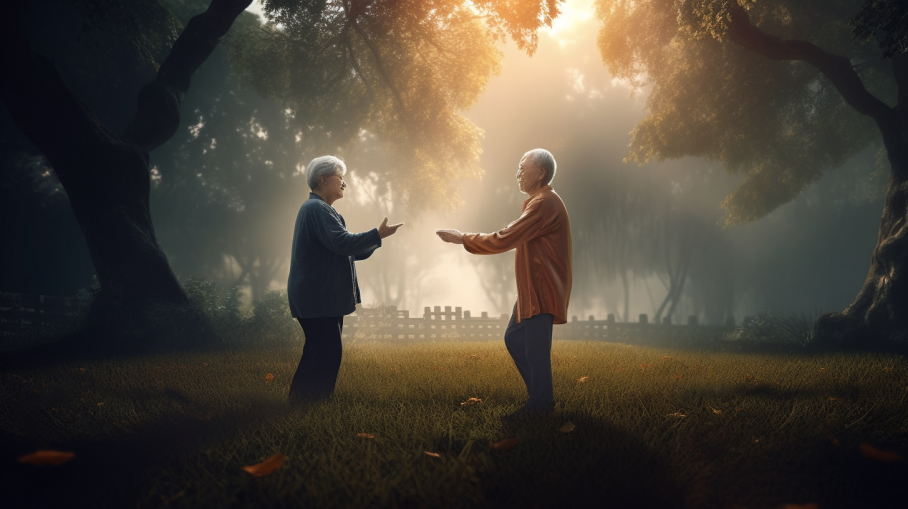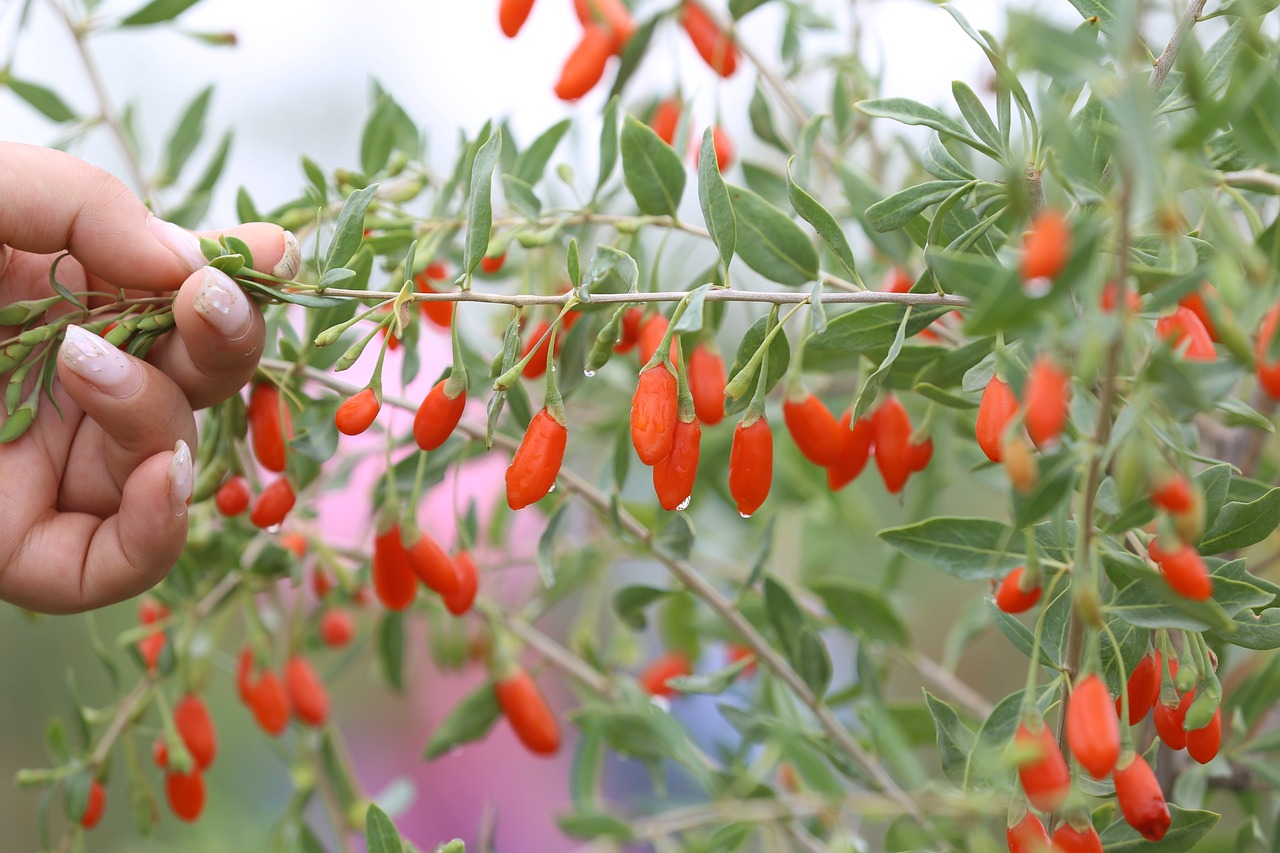by Dr Qian
Share
by Dr Qian
Share
New Developments in Cancer Management With TCM
I always need to keep updated on TCM and related therapies so I will be publishing interest and helpful articles on new developments in TCM. Here is one such article by Elizabeth Snouffer, Health writer for SCMP.com, on Cancer treatment and management.
For more than 50 years, the treatment and cure of cancer has relied predominantly on Western surgery, cytotoxic therapy or chemotherapy and radiation resulting in longer survival periods.
Sadly, cancer continues to be one of the world’s main causes of death.
What has become key to survival are supportive measures that can improve the quality of life related to side effects, containing further cancer growth, and even preventing the disease altogether. Yu Rencun, honorary director and professor at the Beijing Hospital of Traditional Chinese Medicine, and Hong Hai, professorial fellow at the Nanyang Technological University in Singapore, are authors of Cancer Management With Chinese Medicine, which has been credited as the first English guide explaining how TCM and Western medicines can be integrated for better outcomes.
The authors, with jointly more than 50 years of research and care for cancer patients integrating both types of treatments, have written the book for both Western medical professionals and a general English-speaking readership, who may benefit from understanding the basic principles of TCM. These are outlined in the first three chapters.
In the last three chapters, the authors present how specific TCM principles relate to cancer treatment and care. There is also a section dedicated to various decoctions and how these herbal remedies can help sustain a functional life with cancer, perhaps helping to eliminate the disease altogether.
Crediting oncology and Western medicine for discovering the various origins and therapies for cancer, the authors believe TCM has a role to play. Admitting that it may not eliminate cancerous tumours, Yu wants patients and a “Western-educated audience” to understand how TCM can strengthen and rebalance the body’s yin and yang to increase the odds of success.
The imbalance of yin and yang is considered the root of all illness. In this way, TCM restores the internal balance of a cancer patient by strengthening chi against harmful pathogens, and preventing the development of excess and deficiency syndromes.
According to the US National Cancer Institute the most prevalent side effect of chemotherapy is fatigue, although nausea, vomiting, low blood-cell count and pain are also frequently encountered. It is here that the authors believe TCM offers the most promise. The book guides the reader through the varying elements of cancer treatment and which herbal remedies should be used in preparation for chemotherapy, radiation and surgery.
Yu illustrates the use of TCM in 11 patient case studies covering the major cancers – lung, breast, liver and stomach. In one case history, a 63-year-old female patient with lymph and bone metastasis after breast cancer surgery is presented. After undergoing three to four years of TCM herbal remedies with radiotherapy and chemotherapy, she experienced increased control of metastasis. In plain language, managing the terrible side effects with TCM herbal remedies allowed the patient to take on a more aggressive treatment plan and increased her chances for survival.
According to the Hong Kong Cancer Fund, 24,000 new cases of cancer are diagnosed each year. The three most commonly diagnosed are lung, colorectal and breast cancers (in order). It is universally accepted that eating a healthy diet, avoiding smoking and wearing sun protection all help lower the chances of developing cancer. But according to the book’s authors, incorporating the principles of TCM not only increases the quality of life for patients, but can also be used as preventive strategies.
Many of the strategies outlined in the final pages reinforce what the general reader may already know: eating a high-fibre diet (whole grains and green vegetables) rich in anti-cancer properties and low in fat and sugar; avoiding alcohol, smoking and too much sun exposure; committing to daily exercise; and striving for emotional equilibrium, which includes decreasing work and life stress, anger and anxiety.
Other preventive strategies specific to TCM include focusing nutritional efforts towards syndrome differentiation. For example, if a patient is suffering from hot syndrome, it is best to avoid foods that are warm in nature such as ginseng, lamb or prawns.
In TCM, foods are classified by the five flavours: pungent, sweet, sour, bitter and salty. Foods that strengthen chi or have high anti-cancer properties include Chinese barley, bitter gourd, water chestnut, walnut, seaweed and mushroom.
The practice of qigong is highlighted and credited as a positive step for prevention. Quoting from the first comprehensive manual of Chinese medical history, the Neijing, the authors reinforce the significance of living life in balance as the key to good health: “The ancients knew the Tao and the way of yin and yang, and how to exercise; moderation in food and drink, regularity in living habits, avoidance of overexertion, maintaining harmony between body and spirit.”
Cancer Management With Chinese Medicine, World Scientific Publishing Company; 1st edition, 224 pages
STAY IN THE LOOP
Subscribe to our free newsletter.
10 Natural Solutions for Joint Pain Relief Natural Relief for Arthritis Pain – Dive into the ancient wisdom of Traditional Chinese Medicine (TCM) with our focused exploration of ten authentic TCM remedies for arthritis. At Bien Jn Chinese Medicine, we are happy to have Dr Qian, a physician who is adept in both Western and […]
Last updated on March 8th, 2024 at 02:08 pm Treat Side Effects of Chemotherapy with Chinese Herbal Medicine. Chinese herbal medicine has been used for centuries to treat a variety of ailments and has been proven to be an effective form of treatment for many conditions. Recently, Chinese herbal medicine has been studied for its […]
Last updated on March 8th, 2024 at 02:08 pmIt is important to note that there are several elements that makeup TCM. Two of these, Acupuncture and Chinese Herbal Medicine are used in treating arthritis. Traditional Chinese Medicine for Arthritis – Acupuncture Chinese acupuncture is an ancient form of medicine that has been used for centuries […]
Last updated on March 8th, 2024 at 02:08 pm
Last updated on March 8th, 2024 at 02:08 pm





